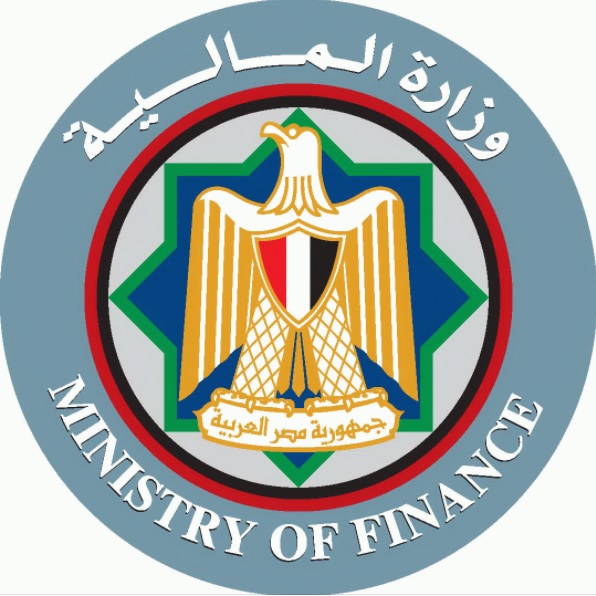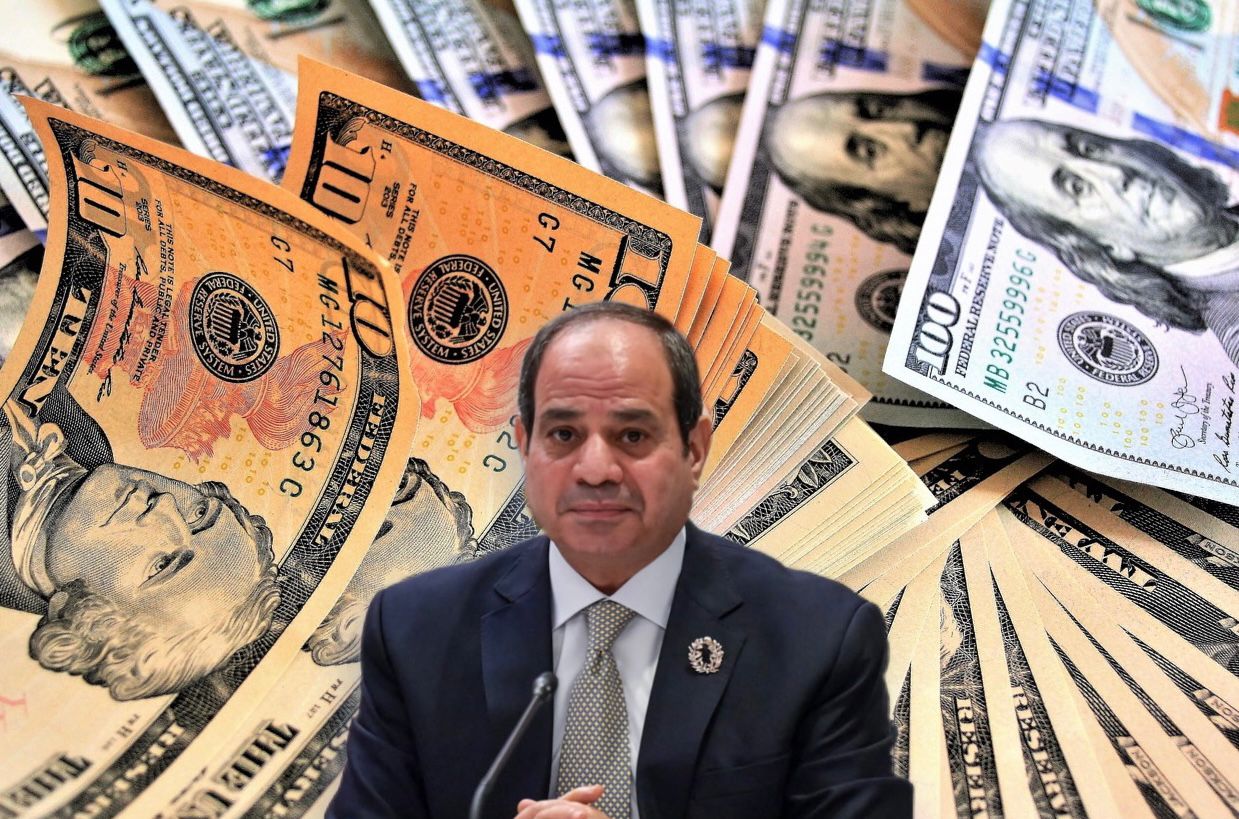Arab League foreign ministers met, on Tuesday, in Doha in response to a joint Egyptian Sudanese call for discussing the conflict over the Grand Ethiopian Renaissance Dam and its effect on the Nile’s water flow to Sudan and Egypt.
A supportive statement made in the meeting considered Egypt and Sudan’s water security an Arab national security issue and refused violations against their rights to the Nile’s water.
The Arab league called on UN Security Council to hold an urgent session for discussing the crisis and “making the measures needed to release time-framed effective negotiations for a binding agreement,” in accordance with Egypt and Sudan’s demand. Simultaneously, the league demanded Ethiopia stop unilateral measures that could affect Egypt and Sudan’s water interests, including the planned second filling of the dam this summer before a deal is reached.
Qatar’s FM Mohamed bin Abdel Rahman Al Thani said in a joint press conference with the league’s general secretary, Ahmed Aboul Gheit, that the league “could make gradual measures in support for Egypt and Sudan in the GERD crisis” without specifying those measures. The statement reflected the rapprochement between Egypt and Qatar after the Arab reconciliation in January. Egyptian officials revealed that Doha proposed motivating negotiations and expressed desire to support Egypt and Sudan reach a deal which Ethiopia accepted.
Positive too for Egypt and Sudan was that Djibouti and Somalia, the two countries that expressed reservations on Article 5 of the Arab League’s resolution in June 2020 over the refusal of the unilateral filling of the dam without a deal, approved the recent statement, without reservations.
Arab assets in Ethiopia
The Arab League has 22 member states, four of them have strong ties with Ethiopia: The Emirates, Saudi Arabia, Qatar and Djibouti. The Emirates, the second major trade partner of Ethiopia, came first, especially after sponsoring the Eritrea-Ethiopia summit in 2018 to end the historic conflict between the two neighbours. In 2018, the Emirates supported the deteriorating Ethiopian economy with $3 billion, including a $1 billion deposit in the National Bank of Ethiopia, and Abu Dhabi Chamber of Commerce and Industry put forth investment in Ethiopia. However, Emirates made no steps to support Egypt, though Abdel Fattah Al-Sisi’s Egypt is a major ally for Emirates in its conflict with Ethiopia. Furthermore, the Emirates went on supporting Ethiopia’s economy with a $1 billion signed between Dubai Ports World and Ethiopia’s transport ministry.
Saudi Arabia, the second major foreign investor in Ethiopia, hosted signing the peace agreement between Addis Ababa and Asmara in 2018, and has a half-million Ethiopian community. Saudi Arabia just made a lukewarm offer to mediate a deal without going forward to implement its offer. Qatar too has strong ties with Ethiopia with large agricultural investments there. Recently, Qatar addressed the conflict after rapprochement with Egypt, but it has not made effective steps yet.
Djibouti has a special relationship with Ethiopia being the landlocked Ethiopia’s sea window. Ethiopia depends on Djibouti’s port for 90-95 per cent of its sea trade, and 85 per cent of the port’s activity, according to the World Bank, is related to Ethiopia’s trade.
In 2016, Ethiopia and Djibouti launched, with Togo, a 700 kilometre railway connecting the two countries at a cost of $4 billion, to serve transporting merchandise to and from Djibouti’s port. In 2019, Ethiopian press said that Djibouti is to host the restored Ethiopian navy in a military sea base after two decades of abolishing the Ethiopian navy because it was irrelevant in a deadlocked country. Last May, Sisi was the first Egyptian chief of state to visit Djibouti. It was an important step, but it is not sufficient.
In conclusion, Arabs own vital cards that could be used to promote a resolution for the crisis, but those cards are not at the disposal of Egypt and Sudan.





Recent Comments